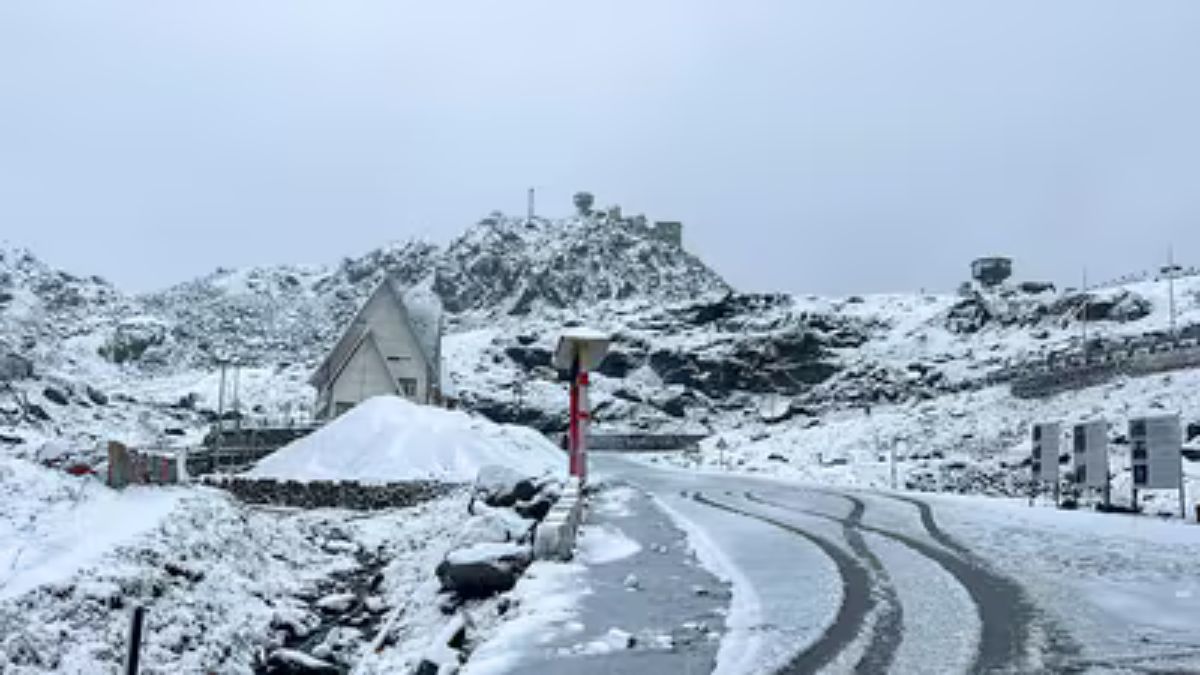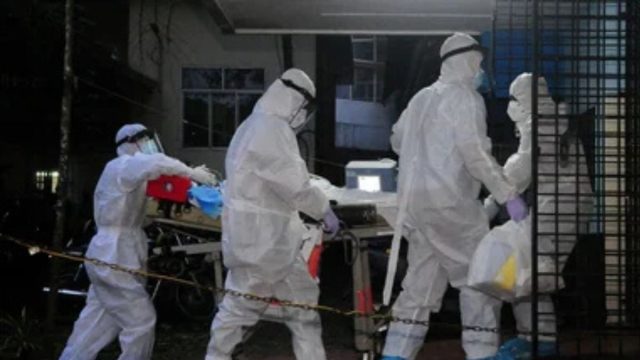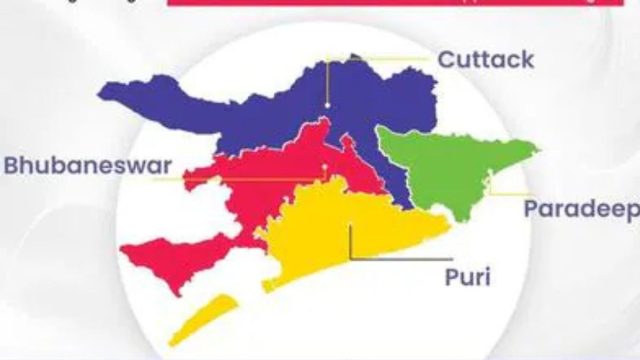Temperatures in Sikkim dropped precipitously on Friday as new snowfall covered the upper portions of the Indo-China border, including the Nathula Pass region. Travel along important mountain roads was hampered as the temperature dropped to below freezing in a number of high-altitude areas.
Since early morning, severe to extremely heavy snowfall has been observed in and around Nathula, Kupup, and Tsomgo (Changu) Lake, according to the India Meteorological Department (IMD). A red signal has been issued for Sikkim by the IMD, indicating that severe weather conditions are expected to persist for the next 24 hours. Because snow buildup has made roads slick, local officials have cautioned travelers and transportation providers against going to higher elevations.
Teams from the Border Roads Organization (BRO) are working nonstop to remove the snow and maintain vital connectivity. The state administration has put emergency response teams on standby and advised residents to adopt the appropriate safety measures. Temperatures in the Nathula region could drop much further tonight, according to officials, resulting in one of the earliest and most intense snowfalls of the season.
In the meantime, the Ministry of Environment, Forests, and Climate Change announced on Saturday that the National Biodiversity Authority (NBA) had disbursed ₹8.3 lakh to Biodiversity Management Committees (BMCs) in Uttar Pradesh and Sikkim in accordance with the Access and Benefit Sharing framework, as specified in the Biological Diversity Act, 2002.
Through the corresponding State Biodiversity Boards, the money were sent directly to two BMCs: the Biodiversity Management Committee in the Lampokhari Lake Area, Aritar, Sikkim, and the Narrau village Biodiversity Management Committee in Akrabad Kaul Taluk, Aligarh District, Uttar Pradesh. The Ministry claims that one firm obtained crop materials from the village of Narrau in order to produce fermentable chemicals from lignocellulosic biomass, while another company obtained microorganisms from soil and water samples that were gathered in the vicinity of Lampokhari Lake for scientific purposes.
The NBA is enabling local custodians to take the lead in biodiversity conservation and sustainable resource management by directing these funding. In Maharashtra and Uttar Pradesh, the NBA had already disbursed ₹1.36 crore to promote local biodiversity protection.




